China will continue to welcome U.S. companies to develop in China and achieve win-win results based on mutual respect and benefit, Wang Wentao, China's commerce minister, said at a symposium with representatives from several U.S. companies on Monday.
The meeting with U.S. business representatives highlighted China's continued effort in opening-up and actively promoting trade relations with the U.S. ahead of planned meetings between senior Chinese and U.S. trade officials, experts said, urging the U.S. to show sincerity and correct policies targeting China for better cooperation.
Wang made the remarks at a symposium about the operation of U.S. companies in China and suggestions on optimizing China's business environment. The American Chamber of Commerce in Shanghai and representatives from Johnson & Johnson, 3M, Dow, Merck, Honeywell and other U.S. companies attended the meeting.
Wang said that the economic and trade cooperation between China and the U.S. on the basis of mutual respect and mutual benefit are in line with the fundamental interests of the two countries and the two peoples as well as the whole world.
"China will continue to welcome U.S.-funded companies to develop in China and achieve win-win results," Wang said.
During the meeting, Wang also reiterated China's effort for opening-up. He noted that China's unswervingly push for high-level opening-up and positive momentum of its economic recovery will provide more opportunities for foreign companies, including those from the U.S., to develop in China.
Despite so-called decoupling and de-risking calls made by some Western officials, foreign investments continue to pour into China, thanks to the massive opportunities the Chinese market offers. Foreign direct investment into China in the first four months of 2023 reached 499.46 billion yuan ($71.34 billion), up 2.2 percent year-on-year, data from the Ministry of Commerce showed, indicating that the world's second-largest economy remains a popular destination for global investors.
Representatives of U.S.-funded enterprises attending the meeting said they are optimistic about the prospects of the development of the Chinese market and are willing to further explore the Chinese market.
Bai Ming, a research fellow at the Chinese Academy of International Trade and Economic Cooperation in Beijing, told the Global Times that the meeting has created a good atmosphere for the planned meetings between senior Chinese and U.S. trade officials.
"The communication is conductive to seeking common grounds for cooperation for the official talks," Bai said.
The Chinese embassy in Washington said Wang will meet with U.S. Commerce Secretary Gina Raimondo in Washington and U.S. Trade Representative Katherine Tai at an Asia-Pacific Economic Cooperation ministerial meeting in Detroit, according to Reuters on Thursday.
Liu Pengyu, the Chinese embassy spokesperson in Washington, said that Beijing is open to communication at all levels with the U.S. but only on the basis of mutual respect, Reuters said.
He Weiwen, a senior fellow at the Center for China and Globalization, also highlighted the significance of promoting conversation and cooperation with U.S. enterprises amid the tense U.S.-China relations, noting that China has been actively promoting the stabilization and easing of bilateral relations, of which economic and trade relations remain the ballast stone.
"Further connecting with U.S. enterprises will help facilitate and promote the upcoming meetings," He told the Global Times on Monday, adding that U.S. multinational companies play a buffer role in the U.S.' containing on China.
The meetings will have a positive effect on stabilizing the economic and trade relations between China and the U.S. and promoting continued development, He said.
However, experts stressed that the main obstacles to the current China-U.S. relationship are on the political side, as the U.S. continues to push for a "decoupling" with restrictions on trade and investment, even though U.S. officials claim they are not seeking a "decoupling."
Such policies targeting China, which were formed on so-called national security concerns and are aimed at suppressing China, have a fundamentally wrong direction, and the U.S. needs to make a correction for a better cooperation environment, He said.
According to data released by the General Administration of Customs, bilateral trade in the first quarter of this year was $161.59 billion, a year-on-year decrease of 13.1 percent.









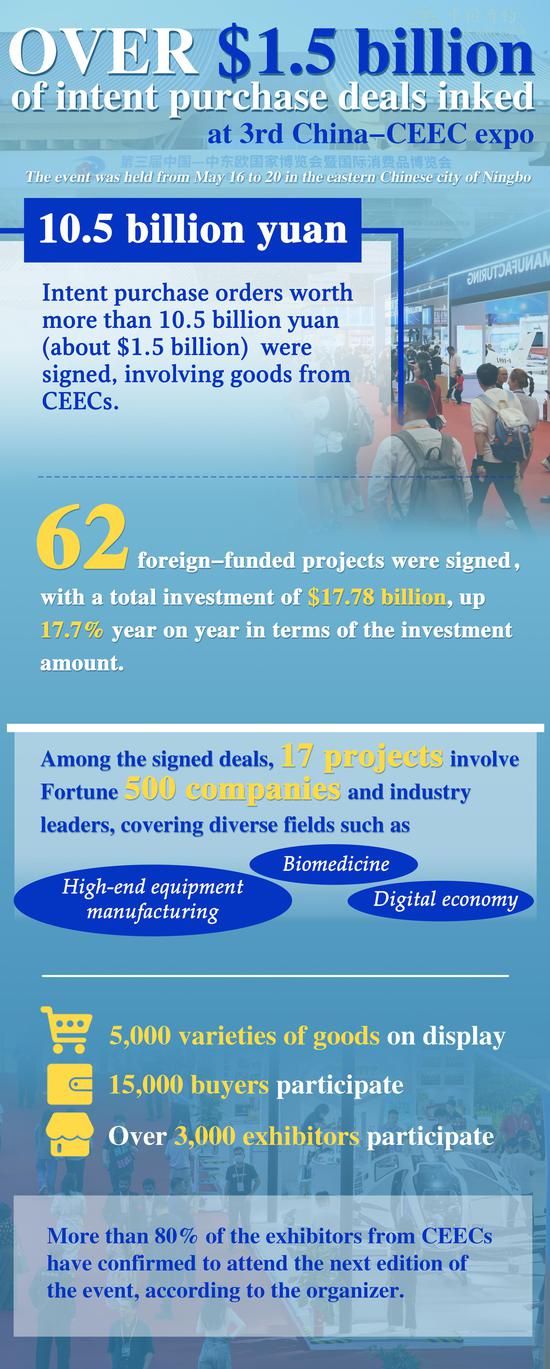




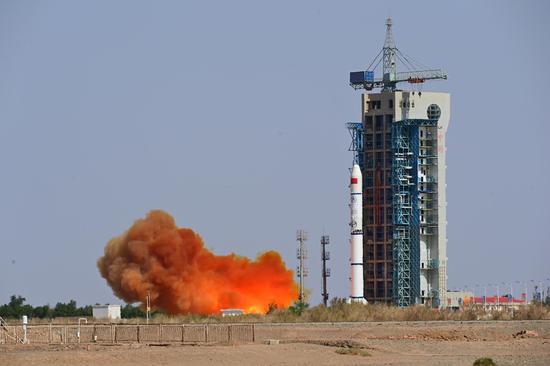


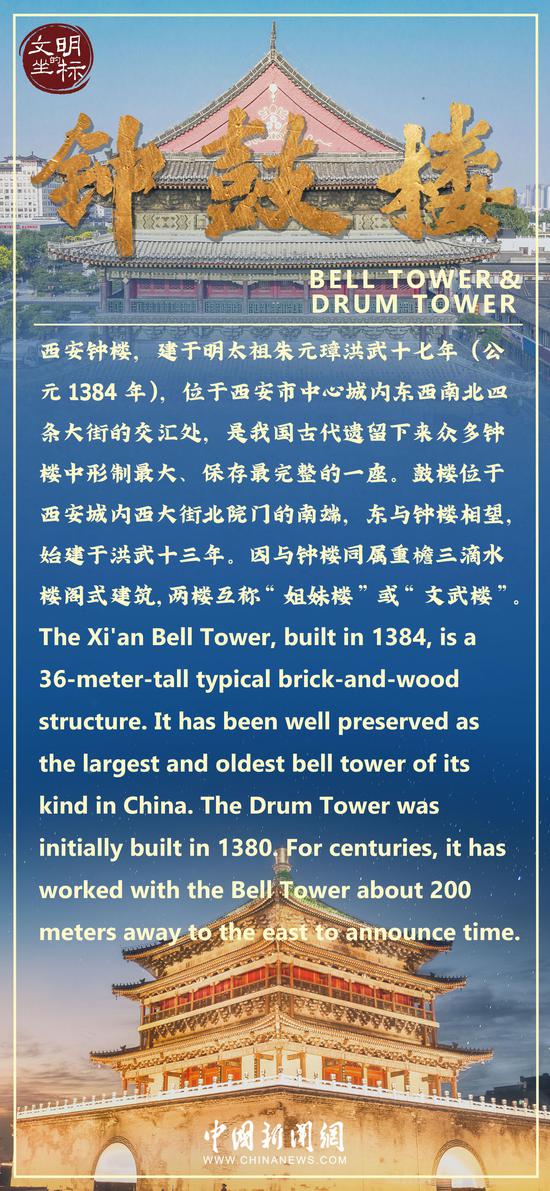
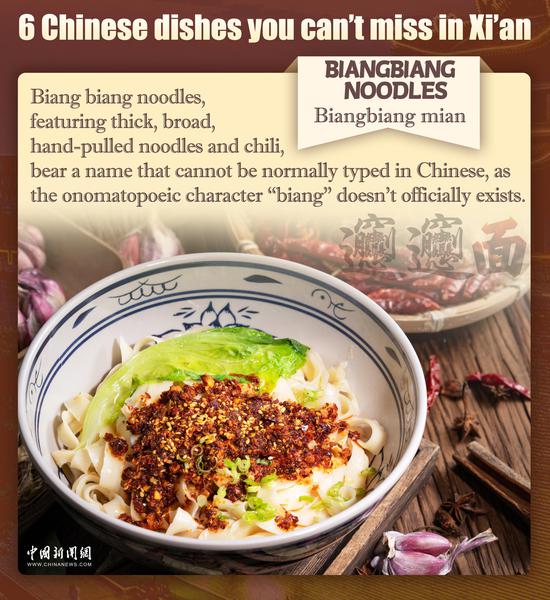



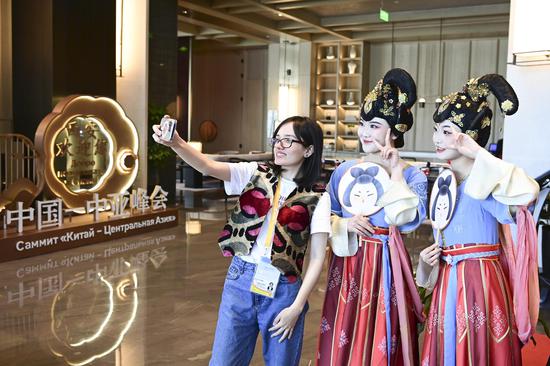
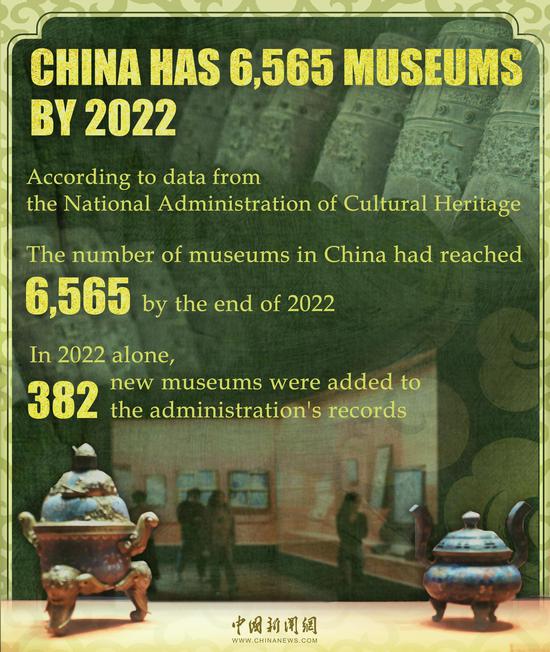


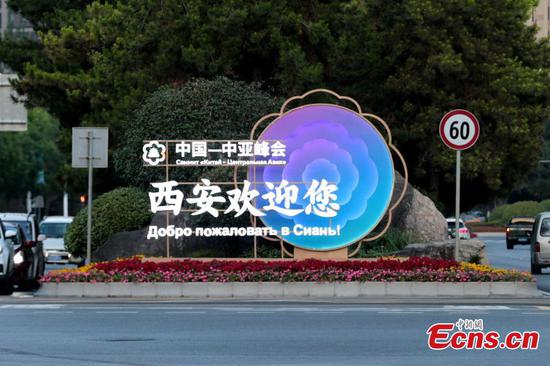



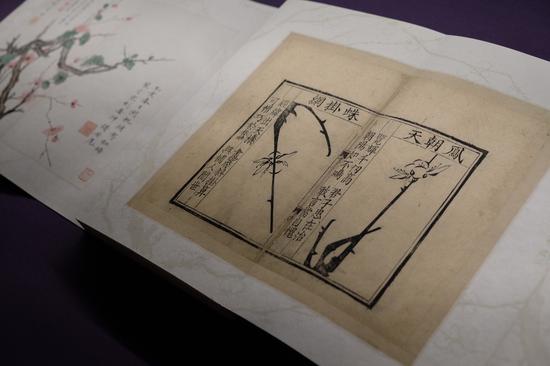
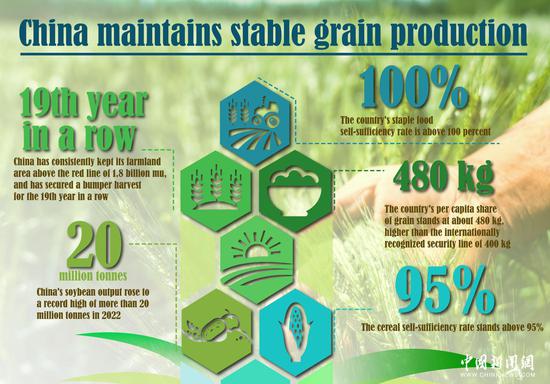
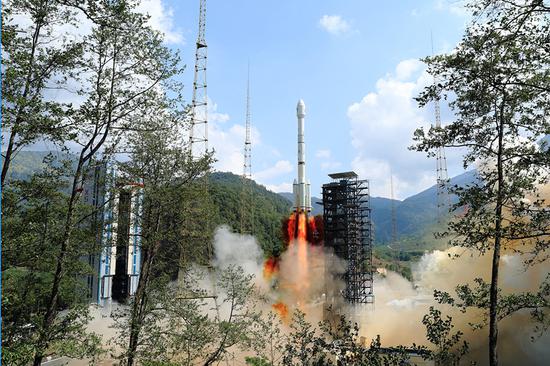


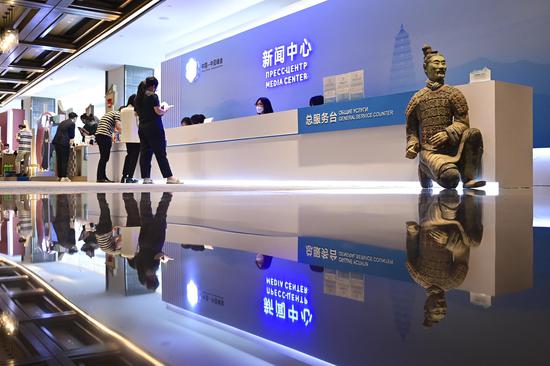






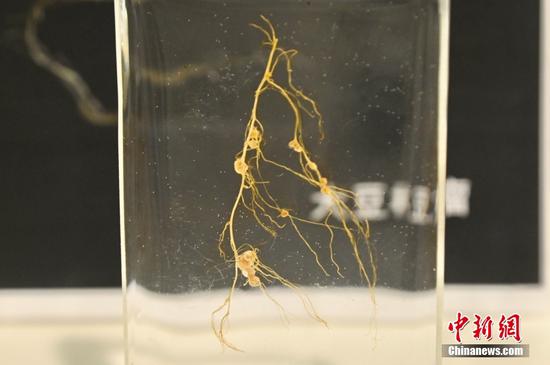
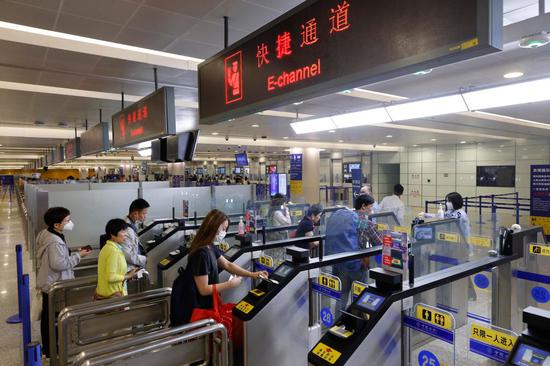






 京公网安备 11010202009201号
京公网安备 11010202009201号